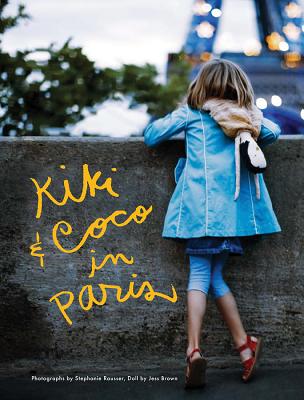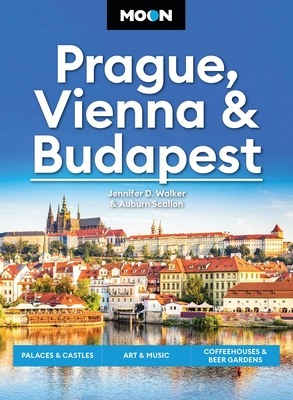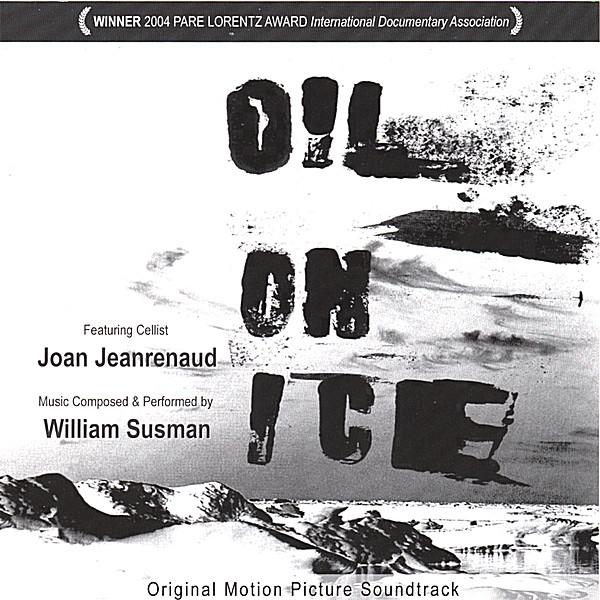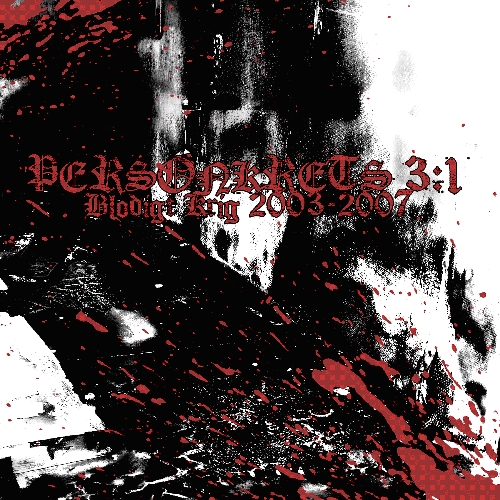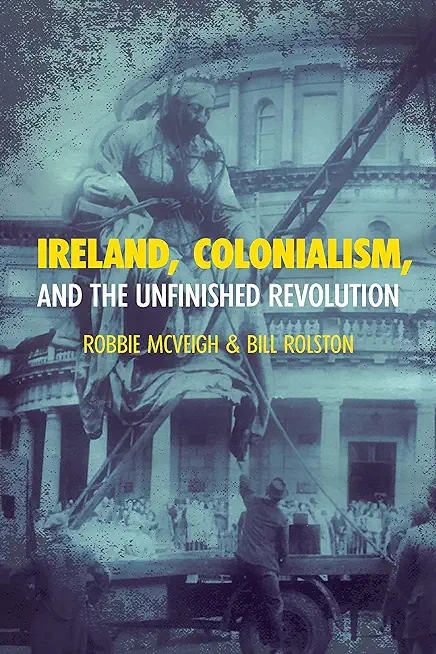
description
ion of the colonial legacy and future of Ireland, showing how Ireland's story is linked to and informs anti-imperialism around the world.
Colonialism is at the heart of making sense of Irish history and contemporary politics across the island of Ireland. And as Robbie McVeigh and Bill Rolston argue, Ireland's experience is central to understanding the history of colonization and anti-colonial politics throughout the world. Part history, part analysis, Ireland, Colonialism, and the Unfinished Revolution charts the centuries of Irish colonial history, from England's proto-imperial engagement with Ireland in 1155 to the Union in 1801, and the subsequent struggles for Irish independence and the legacies of partition from 1921.
A century later, the plate tectonics of Irishness are shifting once again. The Union is in crisis and alternatives to partition are being seriously considered outside the Republican tradition for the first time in generations. These significant structural changes suggest that the coming times might finally see the completion of the decolonization project - the finishing of the revolution. In the words of the revolutionary Pádraig Pearse: Anois ar theacht an tSamhraidh - now the summer is coming.
Colonialism is at the heart of making sense of Irish history and contemporary politics across the island of Ireland. And as Robbie McVeigh and Bill Rolston argue, Ireland's experience is central to understanding the history of colonization and anti-colonial politics throughout the world. Part history, part analysis, Ireland, Colonialism, and the Unfinished Revolution charts the centuries of Irish colonial history, from England's proto-imperial engagement with Ireland in 1155 to the Union in 1801, and the subsequent struggles for Irish independence and the legacies of partition from 1921.
A century later, the plate tectonics of Irishness are shifting once again. The Union is in crisis and alternatives to partition are being seriously considered outside the Republican tradition for the first time in generations. These significant structural changes suggest that the coming times might finally see the completion of the decolonization project - the finishing of the revolution. In the words of the revolutionary Pádraig Pearse: Anois ar theacht an tSamhraidh - now the summer is coming.
member goods
No member items were found under this heading.
Return Policy
All sales are final
Shipping
No special shipping considerations available.
Shipping fees determined at checkout.

